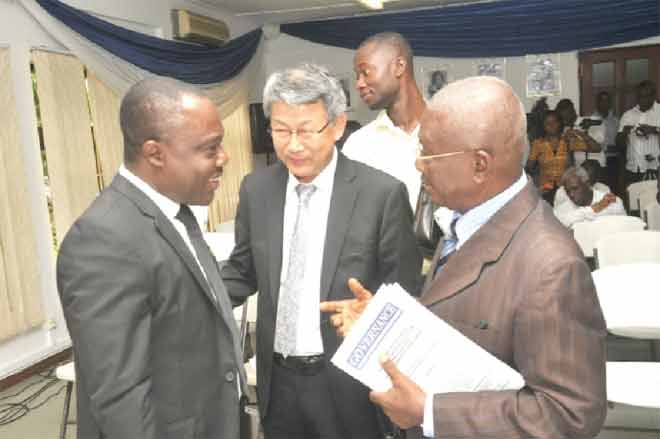
Winner-takes-all dissipates national brains, expertise - Prof. Gyampo
A Senior lecturer at the University of Ghana, Professor Ransford Gyampo, has stated that the current governance structure of the winner takes-all system dissipates national brains and expertise.
According to Prof. Gyampo, who is also a research fellow of the Institute of Economic Affairs (IEA), the system creates partisan monopolisation of all resources, excluding all other persons who did not “mount campaign platforms”.
“The winner-takes-all system leads to partisan appointment and so whether they merit the position or not it doesn’t matter and leads to the appointment of square pegs in round holes,’’ he stated.
Burdens on presidents
Prof. Gyampo made these remarks when he presented a research on the topic “Winner –Takes –All Politics in Ghana: The case for a review of the appointing powers of the President”.
“The overwhelming powers of appointment of the Executive President and the overly partisan way and manner this power is exercised manifests winner-takes-all politics in the country,” he stated.
While recounting attempts by previous governments to promote inclusive governance, Prof. Gyampo said they were all “gestures which were largely a façade or veneer of inclusivity”.
He further indicated that the system which had been practised since 1992 burdened presidents who had to make numerous appointments, a situation which stalled the progress of very crucial institutions and slowed down the process of governance.
He cited the partisan politics in the appointment of the Inspector General of Police which had led to the proliferation of vigilante groups and foot solidarism because the political parties did not trust the police.
Prof. Gyampo questioned the independence of some institutions such as the Council of State which was largely appointed by the President.
Meritocracy
Giving policy recommendations on the winner-takes-all governance system, Prof. Gyampo underscored the need for political parties to make appointment based on meritocracy.
He further suggested there was the need to streamline the appointment powers of the President, elect Municipal, Metropolitan and District Chief Executives (MMDCEs), and allow boards or search parties to appoint chief executive officers.
He further suggested that for appointment to these positions a credible body needed to be constituted to recommend appropriate individuals of at least five persons from among whom the President shall make a nomination to Parliament.
Consult institutions
Institutions such as the Ghana Police Service, Ghana Bar Association, Ghana Journalists Association and political parties, were some of the bodies he mentioned could be allowed to make the recommendations.
Additionally, he said there was the need to de-politicise public service to avoid denting its legitimacy.
On parliamentary vetting, the IEA Research Fellow said it should constitute two-thirds of majority of all members of Parliament (MPs) as against the current practice.
“The appointments of Chief Executive Officers of public corporations and institutions and other analogous positions must be transparent, competitive, well-advertised, inclusive, bi-partisan and based on competence,” he suggested.
